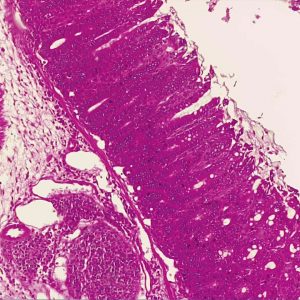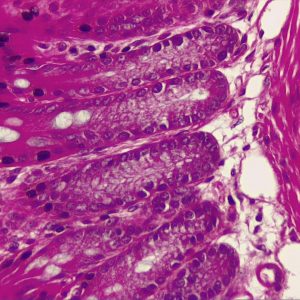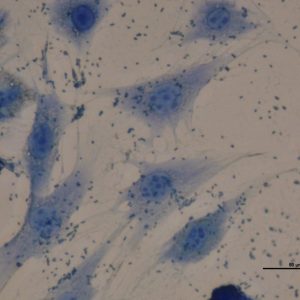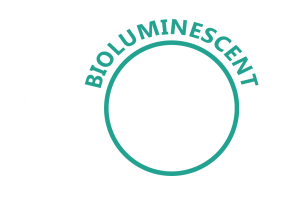Evolution in Action



- The problem
- Our research
Bacterial evolution and human disease
Bacteria are masters at adapting to their environment, rearranging their DNA, even gaining new genes from their surroundings. This has allowed them to live in pretty much every conceivable environment. From boiling hot geysers to that pink scum in your shower. Even in and on us. While the majority of bacteria are harmless, there are some that are not. These bacteria place a huge burden on health systems worldwide. Here in New Zealand a staggering 1 in 4 overnight hospital admissions are related to infectious microbes. So how do these microbes adapt to live and cause disease in their hosts? And what factors influence this?
Here at the Bioluminescent Superbugs Lab we’re interested in bacteria that have adapted to cause disease in people. We’re particularly interested in how they might be evolving out there in the real world, and what sorts of things might drive that evolution. We’re studying this using a technique called experimental evolution, where bacteria are put into a particular environment and allowed to evolve over time. We freeze bacteria from every step of our experiments, building up a living ‘fossil’ record which can be regrown and analysed so we can find out how the bacteria have changed.
This project is currently funded by a small grant-in-aid from the Maurice and Phyllis Paykel Trust. Previous financial support was provided by the Health Research Council, the University of Auckland’s Faculty of Medical and Health Sciences through the Faculty Research Development Fund, and the Maurice Wilkins Centre for Molecular Biodiscovery.
